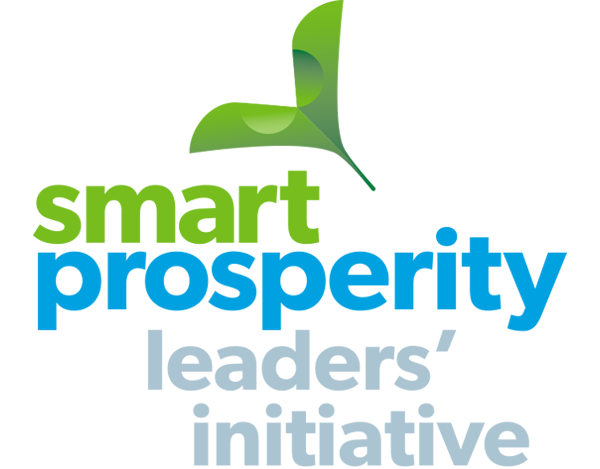More and more Canadians are considering the impact their diets are having on the planet, with the rise of “meatless Mondays,” flexitarians working to reduce their meat consumption and the growing popularity of plant-based diets. Fish are poised to play a key role in this changing dietary landscape as a more sustainable form of protein, recently ranked as low-carbon by the World Resources Institute on their high-profile Protein Scorecard.
Seafood already amounts to 17% of the protein in global diets, having doubled in per capita demand since the 1960s. This surging demand – causing global overfishing and exacerbated by warming oceans – has supercharged the growth of aquaculture or “fish farms” over the past half-century. Aquaculture now provides over 50% of global seafood demand, including 16% of Canadian seafood production.
Determining how to sustainably cultivate this seafood in the most energy and resource-efficient manner is where Canadian firms like XpertSea are stepping in.
Unlike its industry counterparts in agriculture, aquaculture has been slow to adopt new technology that improves operational efficiency. According to XpertSea, fish counts, measurements and health checks are generally conducted by hand using non-digital recordkeeping. This leads to higher fish mortality rates, wasted food and other resources.
XpertSea’s technology, now used in over 400 facilities across the world, automates much of this process through the use of a “smart bucket” called the XperCount. By using a combination of sensors, computer vision technology and artificial intelligence, the company is able to count organisms and analyze their size and health in a more accurate and efficient manner.
Disease outbreaks, feeding and the monitoring of water quality are better managed, allowing producers to establish more accurate algorithms for farm management over time using big data. Average shrimp farms typically maintain a survival rate of 50%, which XperCount claims it can boost up to 80%. With 95% measurement accuracy, XpertSea can also cut down on disease from systematic overfeeding and reduce food waste as well.
The company recently raised $10 million in venture capital to refine its technology and expand its offerings to other species, but has made the greatest breakthroughs thus far working with fish and shrimp hatcheries. The XpertSea platform has processed data about more than 1.8 billion shrimp over the past year. In May 2019, it joined a collaborative data collection and sharing pilot project with over 150 Thai shrimp farmers, working alongside a series of government, industry and NGO partners to reduce the impact of disease on the sector.
XpertSea would eventually like to expand its technology to over 80 different species, ensuring that a more tech-minded and sustainable form of seafood is on offer across the globe – and on our plate.
Read up on more Ecopreneur stories here, and follow @smartprosperity to join the #CanadasEcopreneurs conversation.



